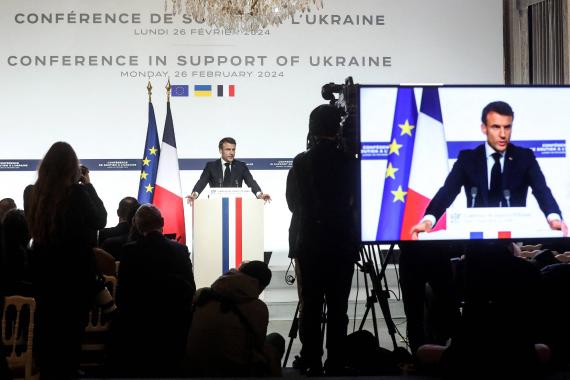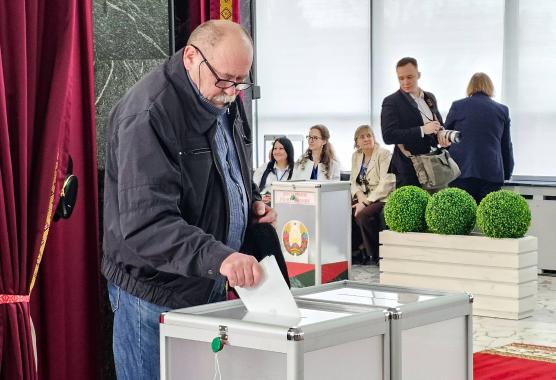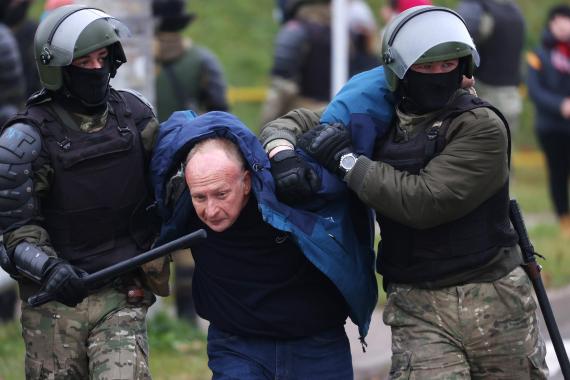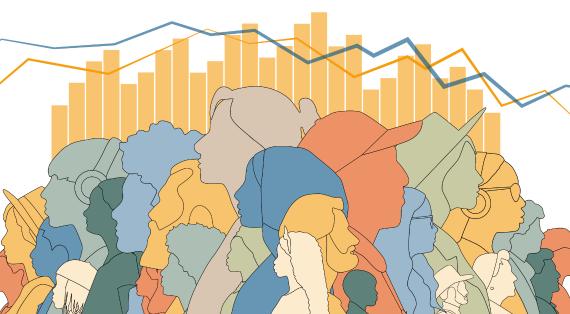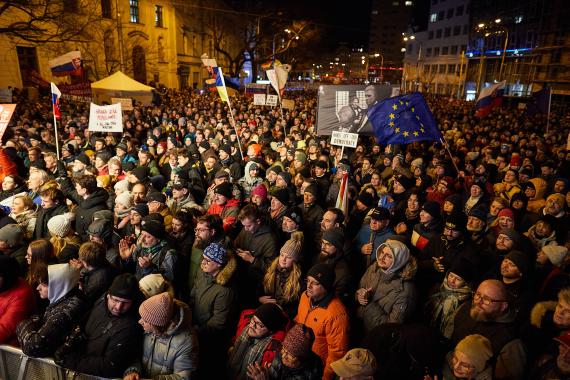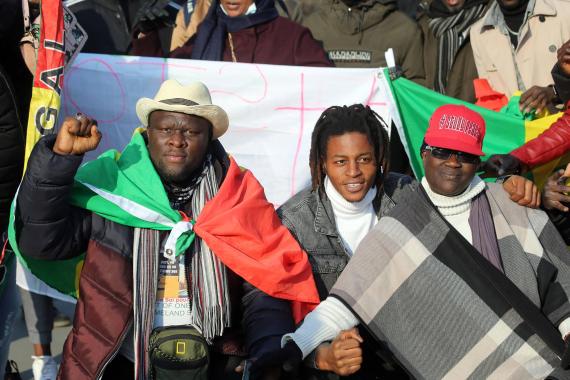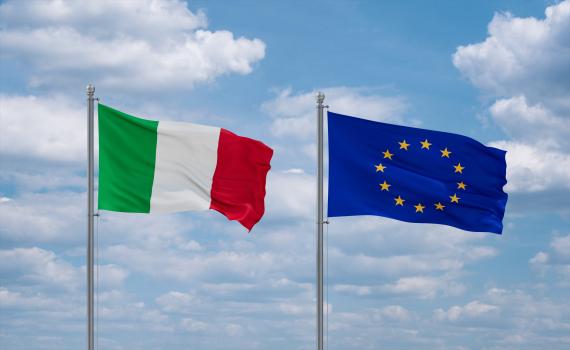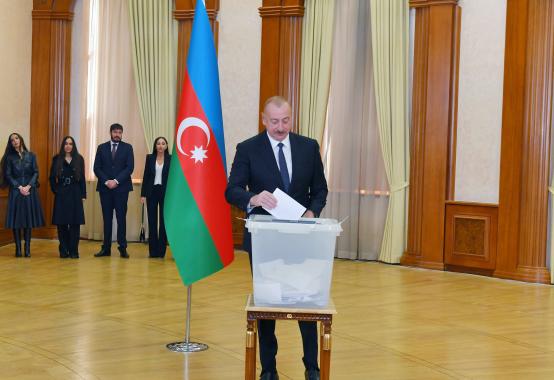Publications
Facts and Findings
Selected contributions to the series with international relevance
The series informs in a concentrated form about important positions of the Konrad-Adenauer-Stiftung on current topics. The individual issues present key findings and recommendations, offer brief analyses, explain the Foundation's further plans and name KAS contact persons.
International Reports
Journal for international issues, foreign policy and development cooperation
International Reports (IR) is the Konrad-Adenauer-Stiftung's periodical on international politics. It offers political analyses by our experts in Berlin and from more than 100 offices across all regions of the world. Contributions by named authors do not necessarily reflect the opinions of the editorial team.
Die Politische Meinung
Zeitschrift für Politik, Gesellschaft, Religion und Kultur
Die Politische Meinung ist eine Zweimonatszeitschrift, in der ein breites Spektrum politischer, gesellschaftlicher und kultureller Themen der Gegenwart dargestellt und diskutiert werden. Sie bietet als Bezugspunkte fundierte Analysen historischer Hintergründe und eine der individuellen Eigenverantwortung verpflichtete, im christlichen Menschenbild verankerte Ethik. Die jeweiligen Themenschwerpunkte werden von einer inspirierenden Bilderstrecke, namhafter zeitgenössischer Künstlerinnen und Künstlern, vertieft.
Research and Sources on Contemporary History
In der Reihe „Forschungen und Quellen zur Zeitgeschichte“ veröffentlicht das Archiv für Christlich-Demokratische Politik seit 1980 wissenschaftliche Studien zur Christlichen Demokratie, Darstellungen zur Geschichte der Bundesrepublik und der CDU sowie Biographien wichtiger Repräsentanten. Zu den 50 bisher erschienen Büchern zählen auch Quelleneditionen, wie Protokolle von Parteigremien oder Tagebücher von einflussreichen Politikern. Die Publikationen sind im Buchhandel erhältlich.
Interviews
In our series "Interviews", talks and discussions are held with experts from the Konrad-Adenauer-Stiftung e.V. on various topics.
kurzum
Concise, reduced to the essentials, but always highly topical. In our series "kurzum", our experts summarise an issue or problem on a maximum of two pages.
Country Reports
Short political reports of the KAS offices abroad
The Konrad-Adenauer-Stiftung is a political foundation. Our offices abroad are in charge of over 200 projects in more than 120 countries. The country reports offer current analyses, exclusive evaluations, background information and forecasts - provided by our international staff.
Monitor
The Monitor series deals with one main topic at a time from the perspective of KAS experts and places it in the political and social context on the basis of a few key points.
Event Reports
The Konrad-Adenauer-Stiftung, its educational institutions, centres and foreign offices, offer several thousand events on various subjects each year. We provide up to date and exclusive reports on selected conferences, events and symposia at www.kas.de. In addition to a summary of the contents, you can also find additional material such as pictures, speeches, videos or audio clips.
Handouts for Political Education
Grundlageninformationen zur Beteiligung
an aktuellen politischen Diskussionen
Mit der Reihe „Handreichungen zur Politischen Bildung“ möchte die Politische Bildung der Konrad-Adenauer-Stiftung interessierte Bürgerinnen und Bürger über politische Entwicklungen informieren, Orientierungen in Sachfragen geben und das Interesse an politischer Mitwirkung stärken. Die Handreichungen verstehen sich als Grundlageninformationen zur Beteiligung an aktuellen politischen Diskussionen.



